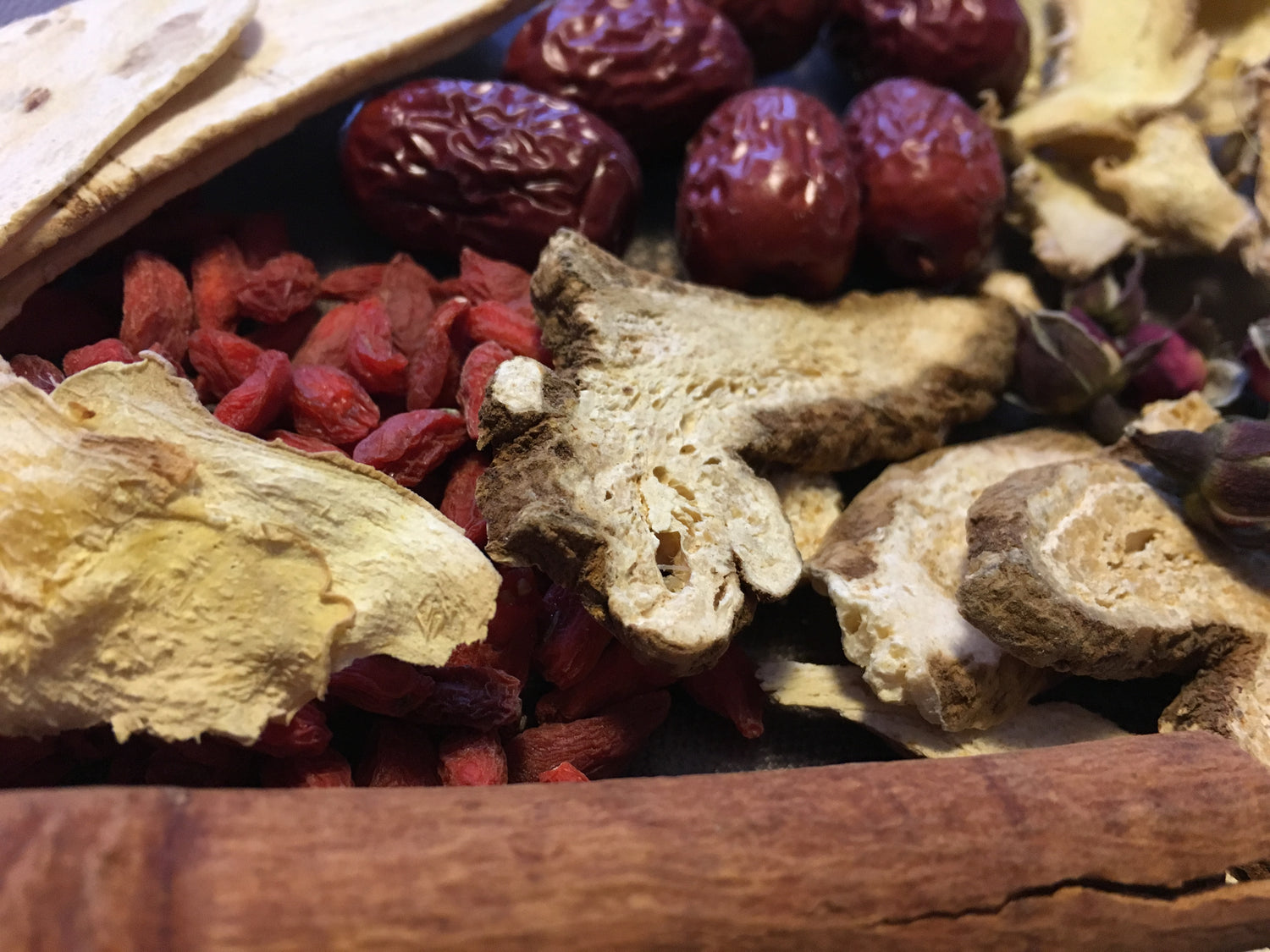MSM SUPPLEMENT USES?
Some of the most common uses for MSM include treating:
- chronic joint pain (osteoarthritis, joint inflammation, rheumatoid arthritis)
- leaky gut syndrome and autoimmune disorders
- osteoporosis and susceptibility to bone fractures
- bursitis, tendonitis, the development of scar tissue and other musculoskeletal pains
- allergies and asthma
- yeast infections
- muscle cramps
- constipation, ulcers, upset stomach, indigestion
- PMS symptoms (cramps, headaches, water retention, indigestion)
- stretch marks
- hair loss
- skin problems including wrinkles, sun burns (it offers some protection against UV light/wind burn), wounds, cuts, skin abrasions
- eye inflammation
- poor circulation
- high blood pressure
- fatigue
- oral infections, toothaches, gum diease/periodontal disease
Three uses that MSM has gained the most notoriety for include: acting like an anti-atherosclerotic (preventing the hardening/thickening of arteries), chemo-preventative compound and natural anti-inflammatory. MSM seems to help the body’s natural free radical scavenging abilities, which means it lowers oxidative stress as well as the many ailments that come along with it. It’s an effective anti-inflammatory because it blocks the release of pro-inflammatory mediators and down regulates certain harmful signals sent from the immune system that can affect the entire body.
HOW MSM SUPPLEMENTS WORK
MSM supplements supply the body with extra sulfur for creating methionine, which helps in important bodily processes like making other chemicals, forming connective tissue, synthesizing/metabolizing foods and absorbing nutrients to be used for energy. MSM is a natural byproduct of dimethyl sulfoxide (DMSO), and its medicinal properties seem to be similar to DMSO. DMSO is converted in the body to MSM, and then MSM remains in the body for longer than DMSO, allowing it to have more of a long-term impact.
The diets of our ancestors likely provided a high amount of sulfur — since sulfur is found in animal parts, vegetables and many fruits — but today many people lack these foods in their diets and therefore might be low in sulfur. We all have sulfur present in our bodies at all times, but our sulfur levels can drop as we get older, when we’re stressed and if we normally eat a low-nutrient diet.
While many different “whole foods” supply sulfur — foods like Cruciferous vegetables (broccoli, cabbage, Brussels sprouts, etc.), eggs and sea vegetables — the catch is that some of their natural sulfur can become destroyed when the foods aren’t very fresh, they’re processed or are cooked at high temperatures. One of the differences between sulfur as we usually think of it (DMSO) and MSM is that MSM is odorless and tasteless (which is why you’re spared the strong smell that can be produced when eggs or veggies are cooked).
In humans (and animals too), MSM is naturally found in the adrenal cortex, which is a part of our hormonal system that helps regulate our response to stressors. It’s also stored in our cerebral spinal fluid and is used to maintain the structure of normal connective tissues.
One of the most notable attributes of MSM supplements is that they help accelerate healing and “detox” the body by improving how chemicals enter and leave our cells. MSM essentially makes cells more permeable, releasing certain built-up minerals that can cause problems (like calcium, for example), heavy metals, waste and toxins, while also helping usher in nutrients and water. This helps keep us hydrated and lowers inflammation, which is the root of most diseases. MSM also stabilizes cell membranes, improves the body’s antioxidant abilities, slows or stops leakage from injured cells and scavenges hydroxyl free radicals.
Using MSM supplements is tied to better immune function, accelerated healing and reduced pain because it helps counteract certain byproducts (like lactic acid) that contribute to the feeling of soreness, stiffness and inflexibility. This is one reason why some athletes and very active people choose to use an MSM supplement to improve recovery time, performance, the process of rebuilding new, healthy muscle and joint issues. Also importantly, MSM’s sulfur plays an important role in the production ofglutathione, considered to be a “master antioxidant” and an important agent for detoxification.
This is another reason MSM is considered to be a “performance enhancer” — because it can raise someone’s energy levels and fight fatigue, since it helps with proper digestion and nutrient absorption, reducing the amount of energy the body needs to use on breaking down nutrients and redirecting these to other efforts.
MSM DOSAGE, PLUS WHERE TO BUY MSM POWDER OR SUPPLEMENTS
How much MSM do you need or should you use? The FDA doesn’t recognize a recommended dietary allowance for an MSM supplement or for sulfur (which it contains), because there’s no proven symptoms of sulfur deficiency described in medical literature as of now. Therefore the dosage you’ll want to take depends on what you’re using MSM for and your current state of health.
Usually, 500 milligrams of MSM, taken three times daily, is the starting dose recommended for treating osteoarthritis. Other reports show that up to three to six grams daily (divided into three doses normally) seems to be safe and well-tolerated.
You can either buy an MSM supplement in powder form, cream form or capsule/tablet form. It’s available in powder form most often, and you might find it in powdered supplement mixes, such as green powders or digestive aids. Read the directions carefully, and start with about one to two teaspoons of MSM powder taken along with water. You can increase your intake as your body gets used to it and you assure you don’t experience any digestive side effects.
If you choose to use MSM powder (which is believe to be the most absorbable kind), try simply adding it to water (usually about 16 ounces for one serving). You’ll get the best results when you use MSM along with antioxidants/anti-inflammatory compounds like vitamin C and omega 3 fatty acid.
Make sure you buy MSM from a reputable seller, and always check for the correct chemical compound name “MSM (methylsulfonylmethane).” Keep in mind that many MSM supplements contain synthetic byproducts and fillers. You want to look for an organic brand that sells “100% naturally derived MSM.”
ARE THERE ANY POTENTIAL MSM SIDE EFFECTS?
MSM seems to be well-tolerated since it’s completely natural and already found in the human body. There haven’t been many reported side effects of MSM. To date, however, there also haven’t been many large, well-controlled human studies looking at its long-term effects.
According to the Arthritis Foundation, based on the most reputable studies conducted so far on MSM — such as a 2006 pilot study that analyzed the effects of 6,000 milligrams of MSM taken daily by patients with osteoarthritis — it effectively helps improve symptoms of pain and physical function without any major side effects.
That being said, MSM is capable of causing mild side effects for some people, including indigestion, upset stomach or diarrhea. It’s also not suitable for people taking blood-thinner medications. If you’re pregnant, you’ll want to speak with a doctor before taking it regularly.
MSM SUPPLEMENT TAKEAWAYS
- MSM is called the miracle supplement because it’s been shown to lower inflammation, fight the effects of stress and pain, raise immunity and increase energy levels.
- This “miracle supplement” provides biologically active sulfur, which is the fourth most plentiful mineral in the body and is needed for many different critical bodily functions every single day.
- MSM supplement benefits include treating osteoarthritis and joint pain; improving digestive problems like leaky gut syndrome; repairing skins and treating skin problems like rosacea, allergies and wounds; lowering muscle pain and spasms; restoring hair growth and helping the body adapt to stress.
- Three uses that MSM has gained the most notoriety for include: acting like an anti-atherosclerotic (preventing the hardening/thickening of arteries), chemo-preventative compound and natural anti-inflammatory.
- MSM supplements are generally well-tolerated and rarely cause side effects. However, some people may experience digestive issues.



